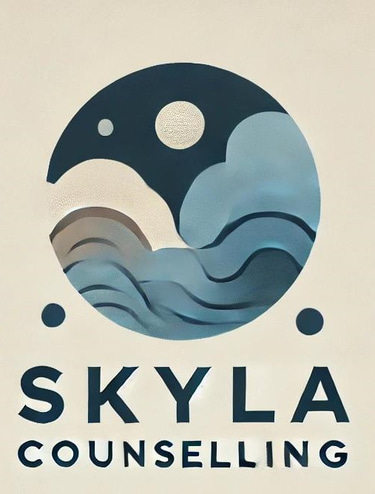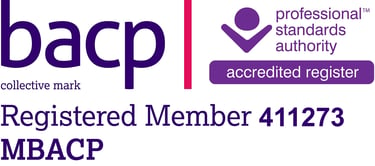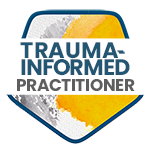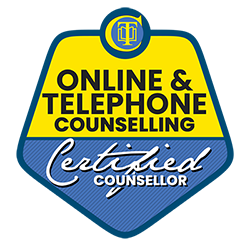Living with Coeliac Disease: The Challenge of Trust and the Emotional Toll
4/14/20252 min read


Coeliac disease is more than just a dietary restriction—it’s a lifelong autoimmune condition that requires constant vigilance. Every meal, every social gathering, every decision involving food carries a level of risk. The smallest amount of gluten can trigger painful and damaging reactions, making trust an integral, yet often stressful, part of daily life.
The Constant Fear of Cross-Contamination
Unlike lifestyle diets or food intolerances, coeliac disease demands absolute adherence to a gluten-free diet. There is no “just a little won’t hurt.” The reality is relentless. A crumb on a shared butter knife, a misinformed waiter, or a well-meaning friend who “checked the ingredients” but didn’t realise the risk of cross-contamination—these small, seemingly insignificant moments can have painful consequences.
Trusting others with food becomes an emotional burden. Eating out, attending family gatherings, or even grabbing a coffee can feel like a calculated risk. The fear of getting sick, of being dismissed as "fussy," or of constantly having to advocate for yourself can be exhausting. Over time, these anxieties can lead to avoidance, isolation, and emotional burnout.
The Psychological Impact
Living with coeliac disease doesn’t just affect the body—it takes a toll on mental well-being. Anxiety around food is common, especially in social situations where others may not fully understand the seriousness of the condition. Questions like “Can I eat this?” or “Did they really understand?” play on repeat in the minds of those with coeliac disease.
Special occasions, like birthdays, holidays, or Easter—times that should be joyful—can feel bittersweet. Watching others enjoy traditional treats while you have to bring your own food or double-check labels can be a stark reminder of how different your experience is. The emotional weight of constantly navigating these moments can lead to frustration, sadness, and sometimes even resentment.
Finding Support and Strategies for Coping
Acknowledging the mental load of coeliac disease is just as important as managing its physical symptoms. Seeking support, whether from a professional counsellor, a coeliac support group, or close friends who truly understand, can make a significant difference.
Therapeutic Support – A counsellor who specialises in chronic conditions can help with the emotional aspects of living with coeliac disease, such as food-related anxiety, self-advocacy, and dealing with social pressures.
Building a Support Network – Surrounding yourself with people who respect and understand your condition can ease feelings of isolation. Online and in-person coeliac support groups can be great places to share experiences, frustrations, and tips.
Reframing Perspective – While the restrictions of coeliac disease are undeniable, finding ways to focus on the positives—such as discovering new recipes, exploring gluten-free brands, or celebrating small wins—can help shift the mindset from frustration to empowerment.
You Are Not Alone – Support is Available
Living with coeliac disease is relentless, but support is available. The fears, frustrations, and exhaustion are valid, and acknowledging them is an important step toward emotional well-being.
If you find yourself feeling overwhelmed by the mental and emotional burden of coeliac disease, speaking with a counsellor can provide much-needed support and guidance. Whether you’re struggling with food-related anxiety, social pressures, or feelings of isolation, professional support can help you regain a sense of control.
If you're ready to talk, reach out today. Your experiences matter, and you don’t have to navigate this journey alone.









